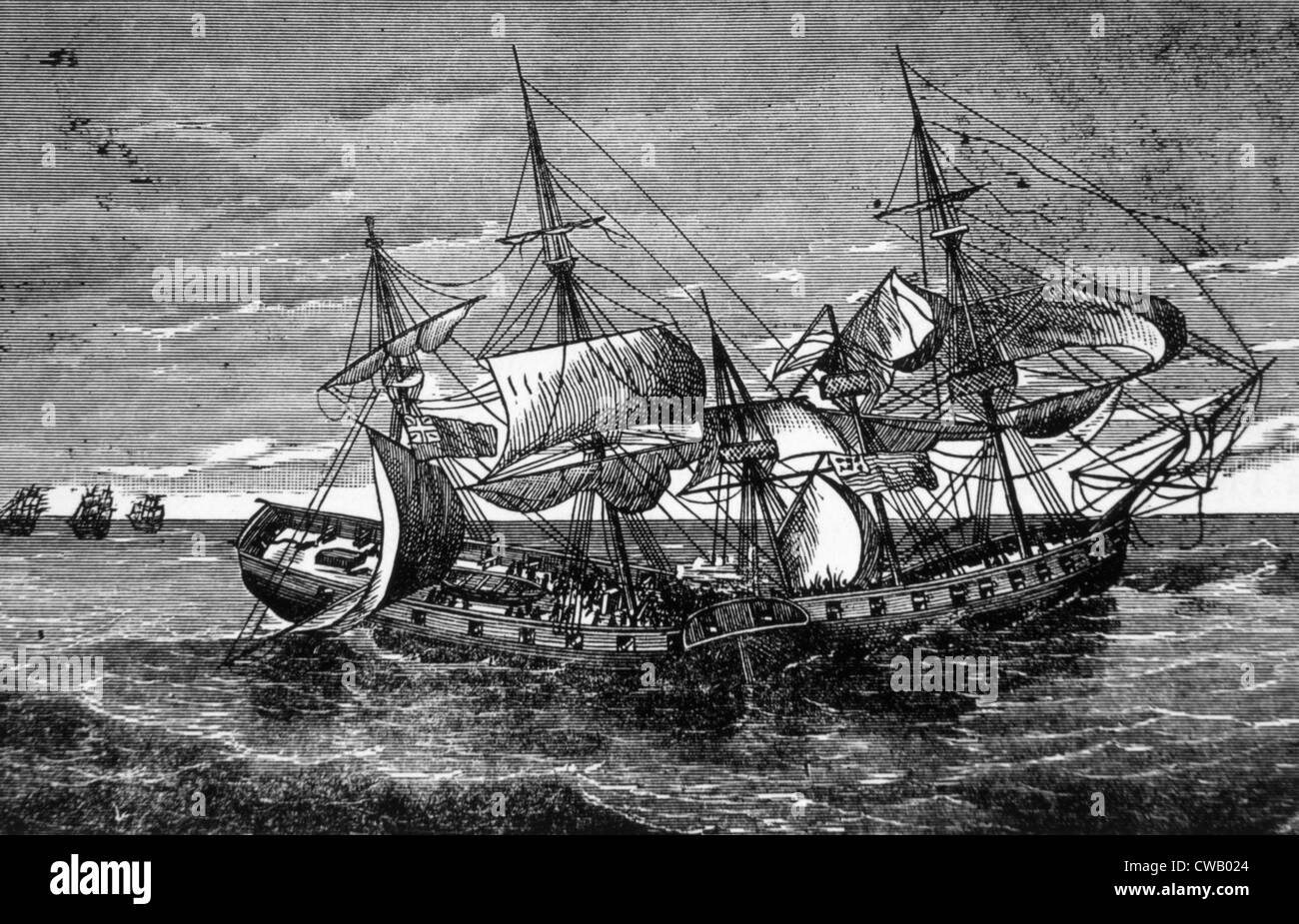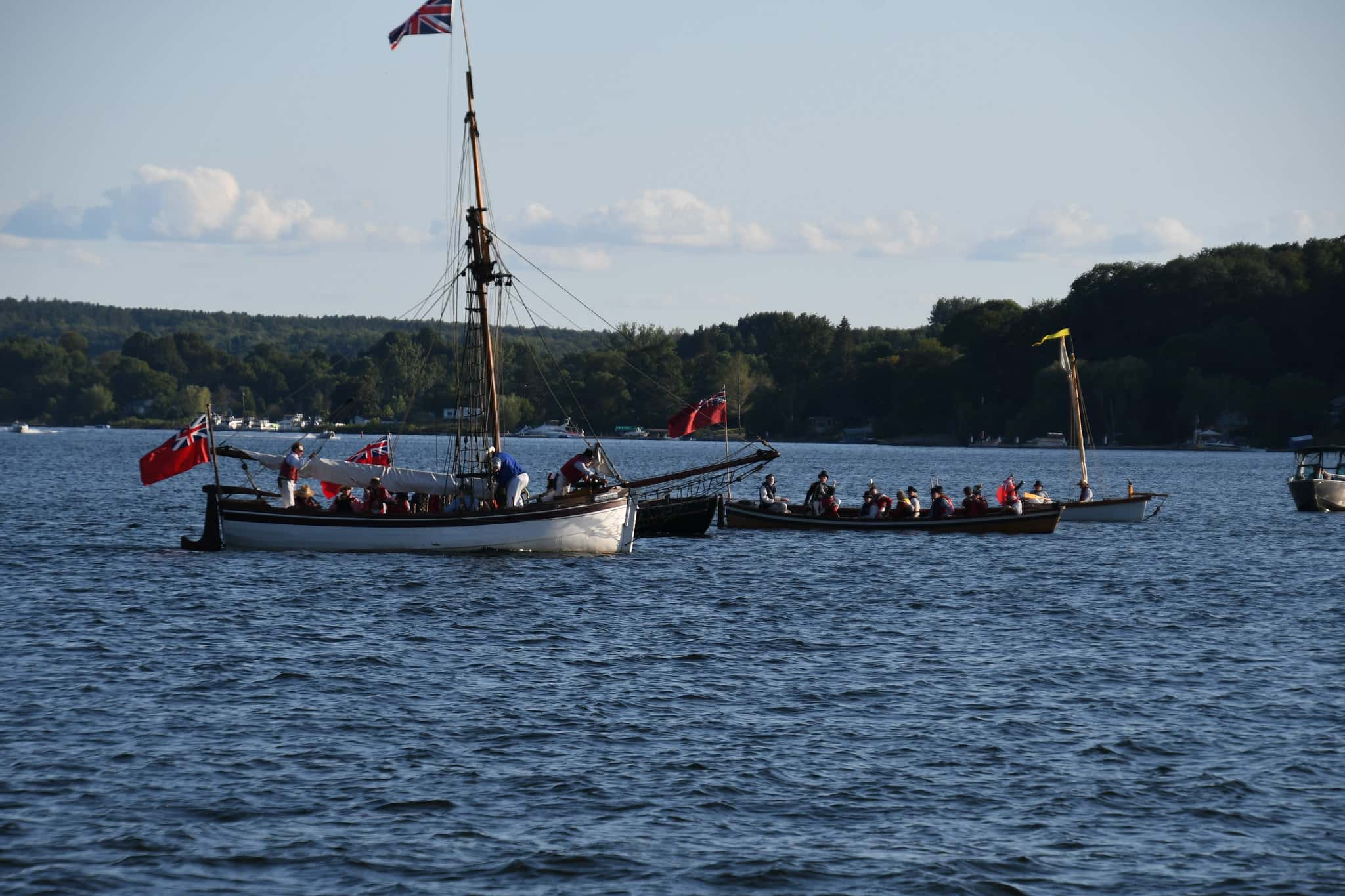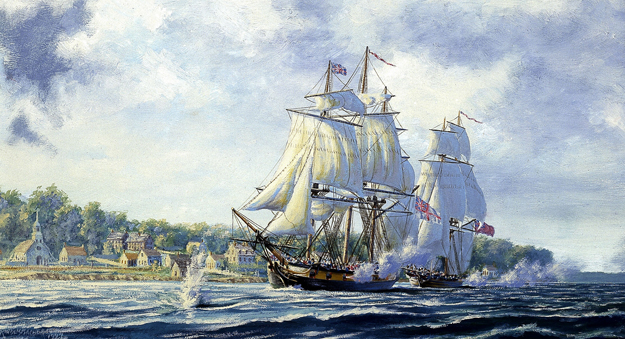

The invasion of New York was turned back at Plattsburgh, and then the final assault on New Orleans became a costly defeat. Then another was defeated on Lake Champlain.



The victory of Oliver Hazard Perry’s squadron on Lake Erie meant that for the first time in history an entire Royal Navy squadron surrendered. The British, of course, didn’t do much better. Generally, those aren’t the signs of a successful war. and burned the Capitol and the White House. Finally, there was the fact that the British took Washington, D.C. The bright spots of American naval victories by the frigates Constitution and United States early in the war faded quickly when the Royal Navy reinforced its efforts in 1813 and captured the frigates Chesapeake, Essex, and President. The only export that could be counted on was the grain that was being sold under letters of exception: sold to the British Army to feed Wellington’s troops in Spain. The coasts of New England and the southern states remained under tight blockade and American trade collapsed. In the Chesapeake, British sailors and marines raided at will, burning towns and chastising those who might stand against them. The northern theater of the war turned into a stalemate where neither side really made any progress. Former President Thomas Jefferson’s claim that invading and taking Canada would be “a mere matter of marching” turned out not only to be horrific strategic advice, but also quite costly in blood and treasure. The American record in the War of 1812 was a poor one. Our national memory of the period is so cloudy and confused that this weekend we will repeatedly hear Tchaikovsky’s “1812 Overture,” a grand composition written by a Russian to celebrate his country’s victory over Napoleon, and think it was composed to celebrate our conflict with Great Britain and our “second independence.” It was a war that American popular history tells us the United States won, but historians are less enthusiastic about that claim. For the past three years the United States has been commemorating the bicentennial of the War of 1812.


 0 kommentar(er)
0 kommentar(er)
